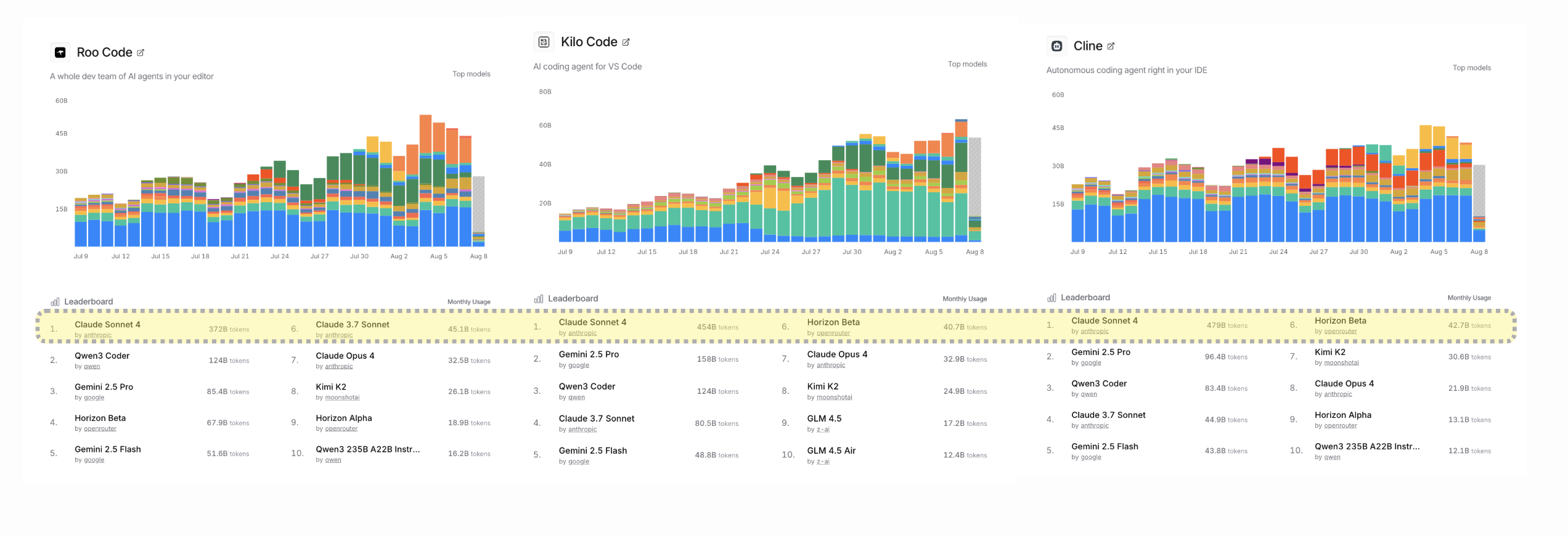UK High Court vs. Wikimedia: Bureaucracy’s Boss Battle Against Common Sense
Hello everyone. Gather round, because today we’re talking about yet another chapter in the UK’s ongoing “How Can We Break the Internet While Pretending to Save It?” saga – the High Court’s dismissal of Wikimedia Foundation’s challenge to the UK Online Safety Act Categorisation Regulations. Yes, apparently legislators have found a way to pick a fight with the one website that has somehow managed to survive two decades of trolls, wars, vendettas, and people who think “citation needed” is a personal insult.
The Short Version: Court Says “No” But Also “Well, Maybe”
Wikimedia went to the High Court waving the banner of “Please don’t lump Wikipedia in with the cesspits of the commercial internet.” Sensible request, right? The judge agreed Wikipedia is valuable, safe, and run by volunteers who actually know their stuff… but still tossed out the challenge. Why? Because apparently what we have here is a “trust us” situation – where Ofcom and the government are now expected to show some magical flexibility so the rules don’t gut Wikipedia. Yes, nothing says ‘safety’ like relying on bureaucrats to interpret ‘flexibly’ without twisting it into a pretzel.
As a doctor, I can tell you prescribing “Trust the Regulator” for long-term digital health is like giving a patient sugar pills for a gunshot wound. Sure, it might make them feel okay for a bit-but good luck with the hole in their chest.
The OSA: A Final Boss Nobody Asked For
The UK’s Online Safety Act sounds noble on paper – protecting users, ending harm, blah blah. But here’s the thing: it’s a one-size-fits-all attempt that’s trying to slap its heaviest restrictions (Category 1 duties) onto Wikipedia, a site built by volunteers. These duties are essentially the MMO raid mechanics of regulation, except they’re designed for platforms like Facebook, not a digital library run by unpaid lore masters.
- Identity checks for volunteers – nothing improves contributor trust like asking “kindly enter your passport details before fixing that typo”.
- Risk of data breaches – handing authoritarian regimes a neat list of who edits what? What could possibly go wrong?
- Diversion of resources – because who needs to build the lore when you can fill in regulatory forms for your goblins and orcs?
If implemented, these duties would shred volunteer privacy, encourage harassment, and kneecap Wikipedia’s ability to operate freely. Somewhere in Parliament, there’s probably an MP thinking “But at least it’ll be safe from trolls!” – as though trolls ever willingly follow the rules in the first place.
The Conspiracy Side Quest
Maybe I’ve spent too long on the internet, but doesn’t it feel like every piece of “online safety” legislation slowly turns into a power grab for greater government control? “Protecting the children” is the cover story; burying independent, non-profit platforms under red tape is the endgame. Call me paranoid, but in gaming terms, Category 1 duties feel like patch notes designed to nerf the one character class (open, volunteer-driven platforms) the meta didn’t want touched.
The Volunteer Army
Let’s not forget: the people at the core of this fight aren’t lawyers in shiny offices – they’re 260,000 global volunteers who write, edit, and fact-check so you can look up “History of the Spoon” at 3 AM. The UK itself benefits heavily – 776 million article views in a month, cultural partnerships with institutions like the British Library, and the Welsh Wikipedia being the language’s top website. The idea that we’d risk all of this over bureaucratic categorisation is… well, medically speaking, insanity of the chronic variety.
The Verdict
The High Court’s “dismissed but with a stern reminder” verdict is a mixed bag. It’s a little like your raid leader saying, “We’ll wipe if you mess this up again, but for now, carry on.” Sure, the regulator’s been warned, but without serious legislative adjustment, Wikipedia is still in the sights of a system that doesn’t understand what it’s regulating.
Overall impression? Bad. Very bad. Wikipedia is one of the few bastions of sanity left online and needs protection from lazy, one-size-fits-all policy. The ruling leaves the door open for Ofcom to either play the cleric and heal the wound or go full DPS and kill the patient. I wouldn’t bet on them speccing healer.
And that, ladies and gentlemen, is entirely my opinion.
Article source: Wikimedia Foundation Challenges UK Online Safety Act Regulations



